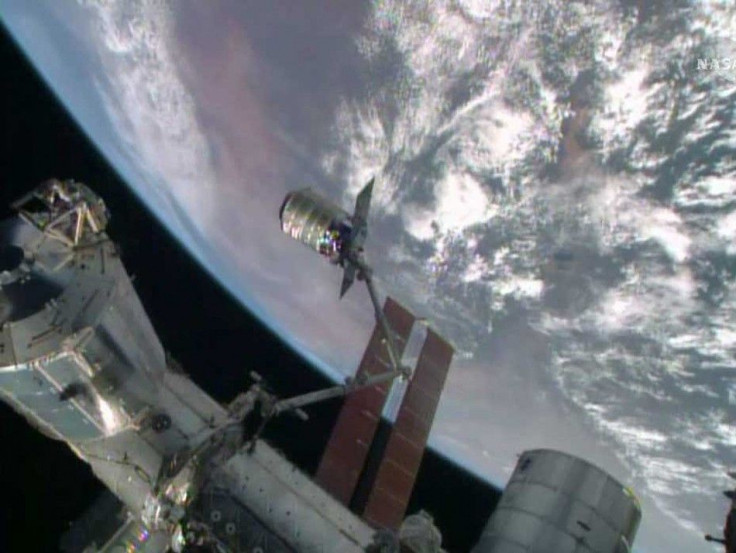Canada, US, UK, Australia Sign Joint Space Operations Deal to Avoid Future Satellite Collisions

The Canadian Department of National Defence has signed a joint space operations agreement with the defence departments of Australia, the United States and the United Kingdom in a bid to avoid respective satellite collisions in the future.
Known as the Combined Space Operations Initiative, the DND said this will enable the four countries to share space-related information and resources.
Moreover, the deal will assist the four allied nations "to more effectively cooperate on activities such as identifying and understanding space objects, ensuring uninterrupted satellite operations, and avoiding satellite collisions," the department said in a statement.
The information that Canada, the US, the UK and Australia will be sharing:
- Data on satellite orbits, to help prevent collisions.
- Accuracy of GPS signals.
- Methods to prevent interference with satellite communications.
- Space weather, such as geomagnetic storms caused by solar particles that can disrupt communications and power grids.
"The partnership announced today will help the Canadian Armed Forces to continue improving its use of space capabilities and protecting our critical space assets," Lt.-Gen. Guy Thibault, vice chief of the Defence Staff, said in the statement. "Just as we work closely with our allies on land, sea, and in the air, so too should we combine our operations in space."
This is not the first time that Canada's military entered into partnerships with other militaries. In February 2013, it launched Sapphire, the country's first dedicated operational military satellite. Sapphire detects manmade objects in orbit, and transmits the data to the U.S.-led Space Surveillance Catalogue dedicated to preventing satellite collisions.
It likewise has Wideband Global SATCOM and Protected Military SATCOM, which was established through partnerships with U.S. militaries. These satellites provide guaranteed, secure access to high-capacity frequencies for government and military communications respectively.
Brigadier-General Michel Lalumière, Director General Space, said Canada's entering into partnerships with its Defence allies on combined space operations will greatly help the group in several areas of mutual interest, including Space Situational Awareness, planning for space events, and collaborating on space capabilities to maintain the strategic advantage that space provides.
"By extending our cooperation with our closest allies, we can share our expertise, solve common problems, and ensure defence dollars are spent to maximum effect," Rob Nicholson, P.C., Q.C., M.P. for Niagara Falls and Minister of National Defence, said.





















